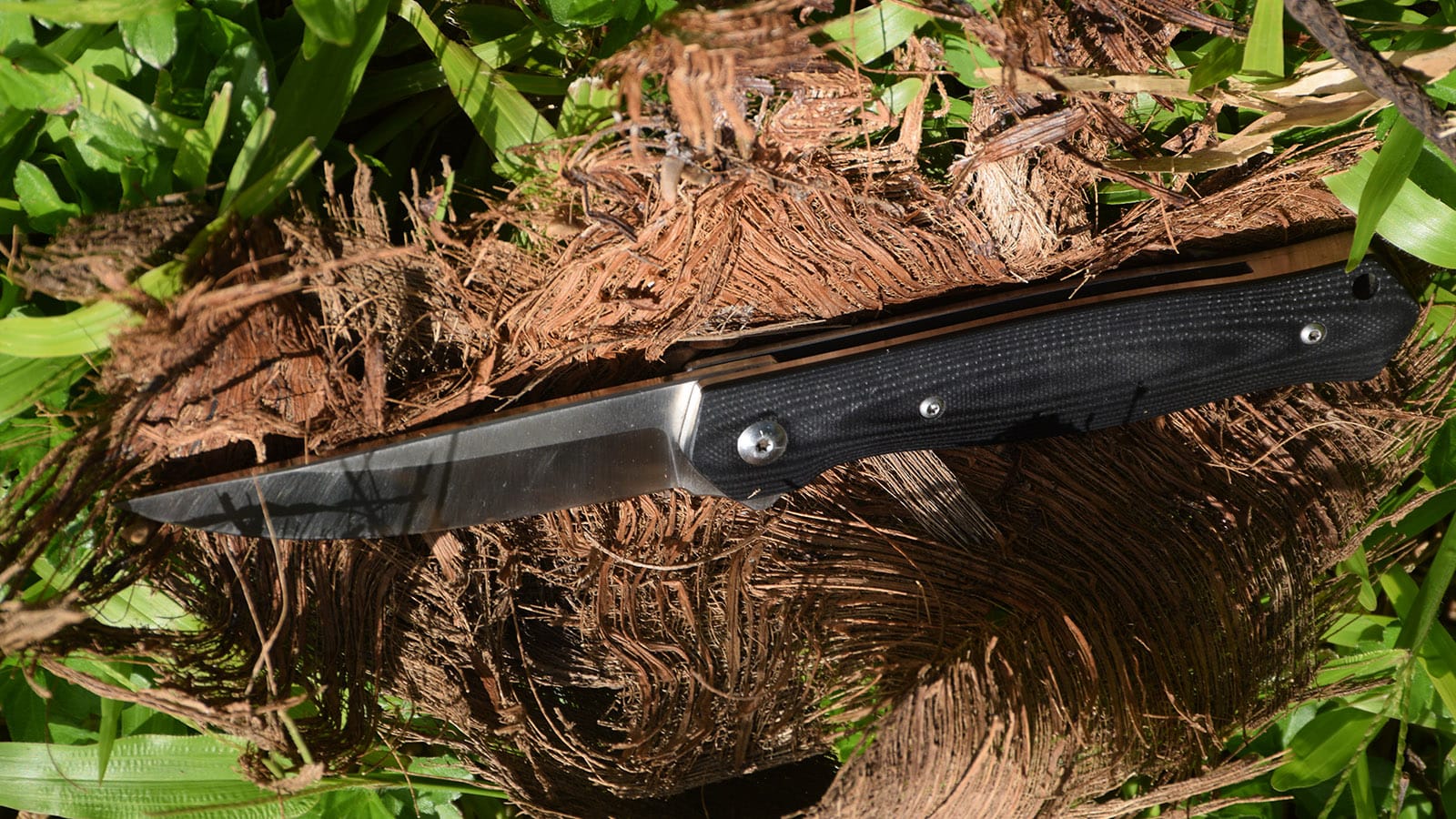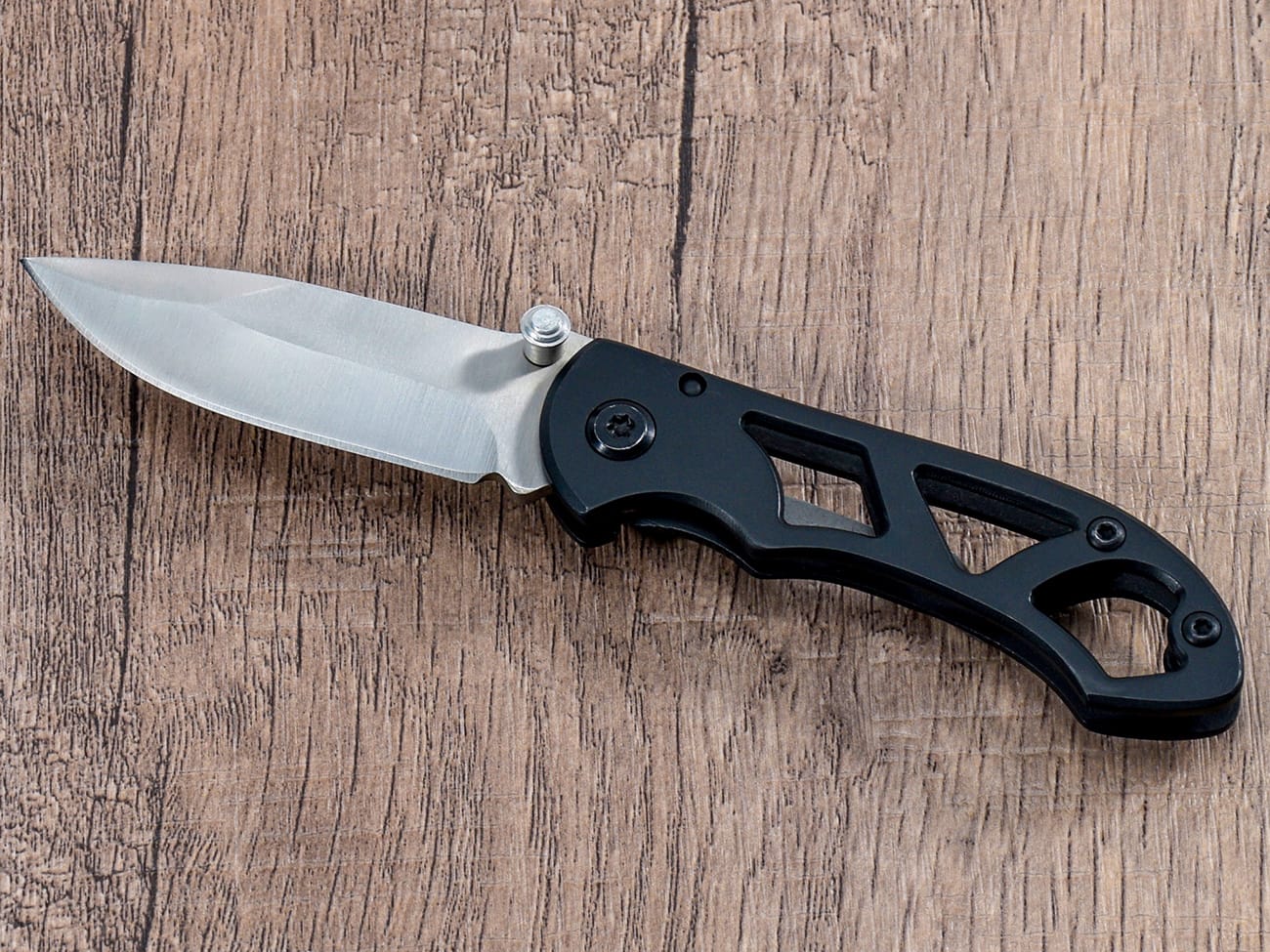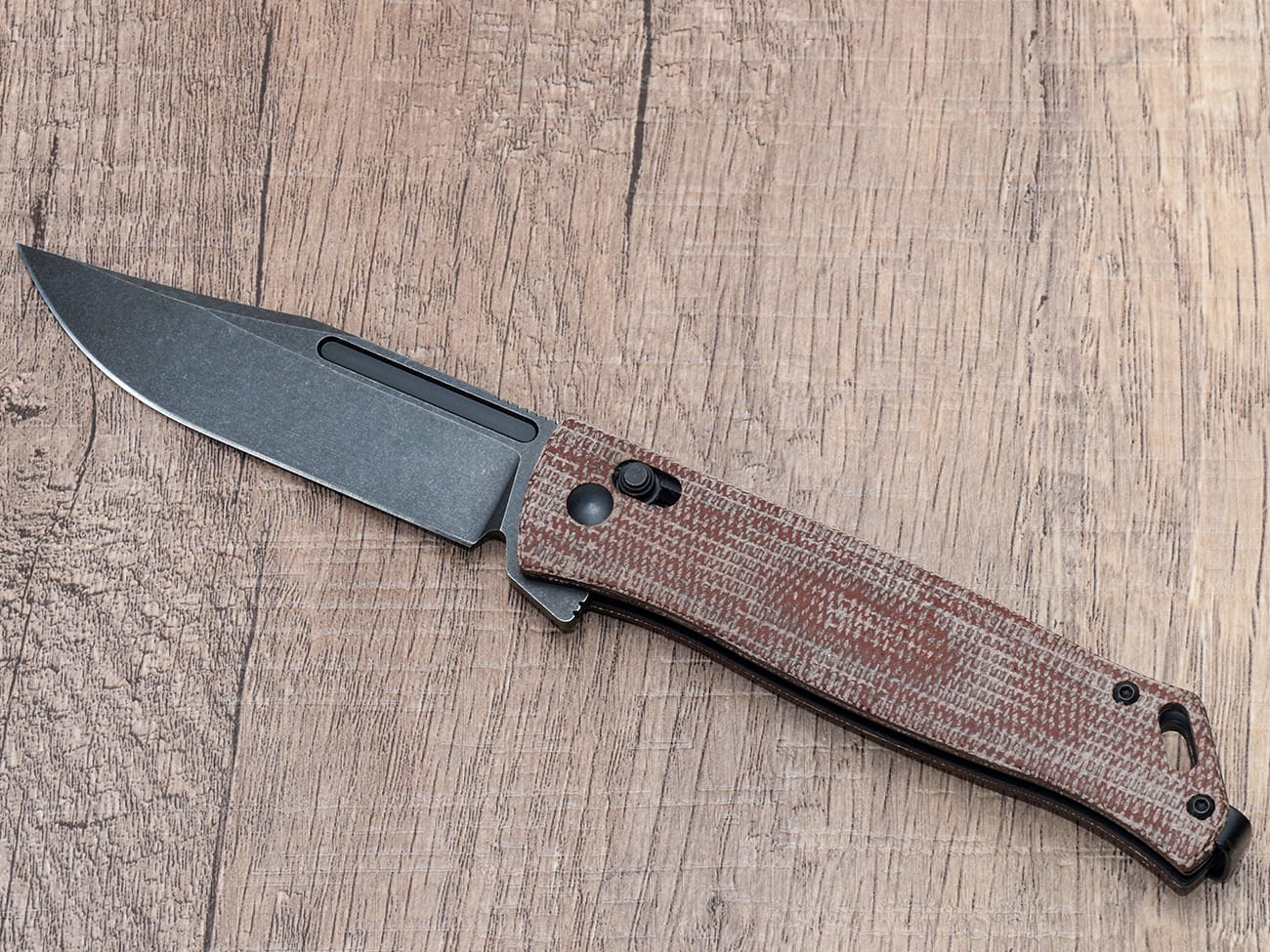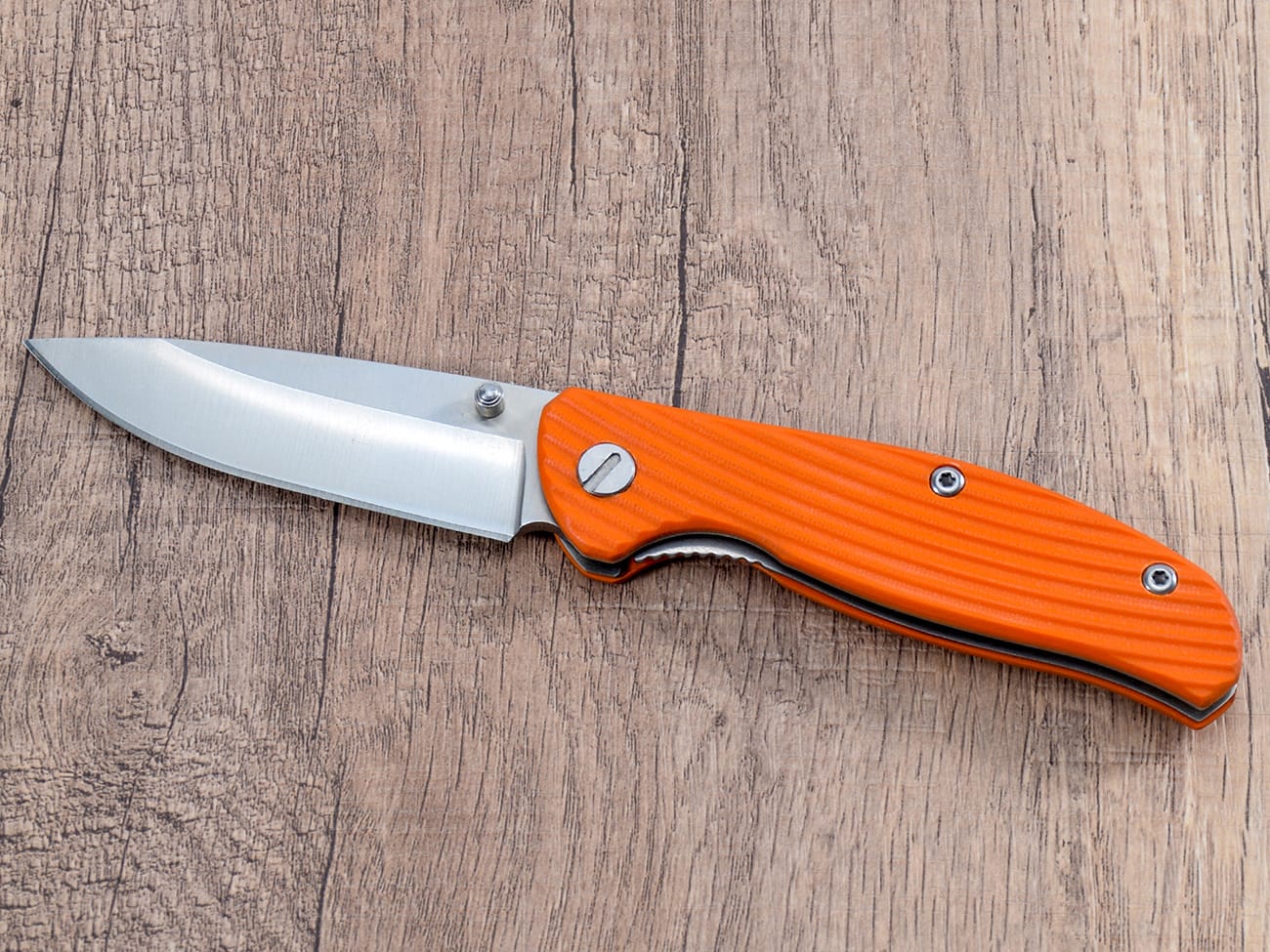Navigating the complex world of knife laws can be daunting, especially when it comes to understanding what is permissible for minors. This article delves into the intricacies of knife laws by state, focusing on whether minors can legally carry a pocket knife. It’s worth reading because it provides clarity on legal restrictions, helping parents and young knife enthusiasts make informed decisions.
Table of Contents
1. What Are the General Knife Laws in the United States?
Knife laws in the United States vary significantly by state, and sometimes even by city or county. Generally, these laws dictate the types of knives that are legal to own and carry, as well as restrictions on blade length and concealment. Understanding these laws is crucial for anyone who owns or carries a knife, including minors.In many states, the legality of carrying a knife depends on the type of knife and its intended use. For example, while a folding knife might be legal to carry, a ballistic knife could be prohibited. It’s important to familiarize yourself with the specific knife laws in your area to ensure compliance.
2. Can Minors Legally Carry a Pocket Knife?
The legality of minors carrying pocket knives varies by state. In some states, minors are allowed to carry a pocket knife with parental permission, while in others, there are strict age restrictions. Generally, pocket knives with blades shorter than a certain length are more likely to be permissible for minors.Parents should educate their children on the responsible use of knives and ensure they understand the legal implications of carrying one. It’s also advisable to check local laws and school policies, as these can further restrict knife possession for minors.
3. What Types of Knives Are Legal for Minors to Carry?
The types of knives that minors can legally carry depend on state laws. Typically, folding knives and pocket knives with blades less than a specified length are considered legal. However, knives such as switchblades, gravity knives, and ballistic knives are often restricted.It’s essential to understand the specific definitions and restrictions in your state. For instance, a knife with a blade longer than three inches might be illegal for a minor to carry in some areas. Always verify the local regulations to avoid legal issues.
4. How Do State Laws Affect Knife Carrying for Minors?
State laws play a significant role in determining whether minors can carry knives. Some states have explicit laws regarding the possession and carry of knives by minors, while others leave it more ambiguous. For example, in California, minors can carry folding knives, but switchblades are prohibited.Parents and guardians should review state laws and consult legal resources if necessary. Understanding these laws helps ensure that minors carry knives legally and responsibly.
5. What Are the Consequences of Minors Carrying Illegal Knives?
Carrying an illegal knife can have serious consequences for minors, including fines, confiscation of the knife, and even criminal charges. These penalties vary by state and the severity of the offense. In some cases, carrying a knife in violation of school policies can lead to suspension or expulsion.It’s crucial for minors to understand the potential legal ramifications of carrying a knife. Educating them on responsible knife ownership and the importance of adhering to laws can prevent legal issues.
6. Are There Exceptions for Minors Carrying Knives?
Some states provide exceptions for minors carrying knives, particularly for activities such as hunting, fishing, or camping. These exceptions often require parental supervision or permission. For example, a minor might be allowed to carry a hunting knife while accompanied by an adult during a hunting trip.Understanding these exceptions can help minors and their families navigate knife laws more effectively. Always ensure that any exceptions are clearly documented and understood to avoid misunderstandings with law enforcement.
7. How Can Parents Ensure Their Children Carry Knives Legally?
Parents can take several steps to ensure their children carry knives legally. First, they should educate themselves and their children about local knife laws. This includes understanding what types of knives are legal and any restrictions on blade length or concealment.Additionally, parents should teach their children about responsible knife use and the importance of following laws and regulations. Providing guidance and supervision can help minors develop safe and legal knife-carrying habits.
8. What Are the Best Practices for Minors Carrying Knives?
Best practices for minors carrying knives include choosing a legal and appropriate type of knife, understanding the laws regarding knife possession, and using the knife responsibly. Minors should also be aware of any restrictions on carrying knives in public places or schools.Parents should encourage open communication with their children about knife safety and legality. By fostering a responsible attitude towards knife ownership, minors can enjoy the benefits of carrying a knife while staying within the bounds of the law.
9. How Do School Policies Impact Knife Carrying for Minors?
School policies often have strict rules regarding knife possession, regardless of state laws. Many schools prohibit knives altogether, even if they are legal to carry elsewhere. Violating school policies can result in disciplinary action, including suspension or expulsion.It’s important for minors and their parents to understand and adhere to school policies regarding knives. This ensures a safe school environment and prevents potential legal issues.
10. What Resources Are Available for Understanding Knife Laws?
Several resources are available for understanding knife laws, including state government websites, legal guides, and knife advocacy organizations. These resources can provide detailed information on the legality of carrying knives, including any restrictions for minors.Parents and minors should utilize these resources to stay informed about knife laws and ensure compliance. By staying educated, they can enjoy the benefits of knife ownership while avoiding legal pitfalls.

Image: A pocket knife with a G10 handle and pocket clip.
Conclusion
Understanding the legality of minors carrying pocket knives is crucial for ensuring compliance with state laws and school policies. Here are the key points to remember:
- Knife laws vary by state 1, and it’s important to understand local regulations.
- Minors can often carry pocket knives with parental permission, but restrictions apply.
- Educate minors on responsible knife use and the legal implications of carrying a knife.
- Check school policies, as they may prohibit knives regardless of state laws.
- Utilize available resources to stay informed about knife laws and ensure compliance.
For more information on pocket knives, visit Pocket Knives, Folding Knives, and Knife Blades Materials.




